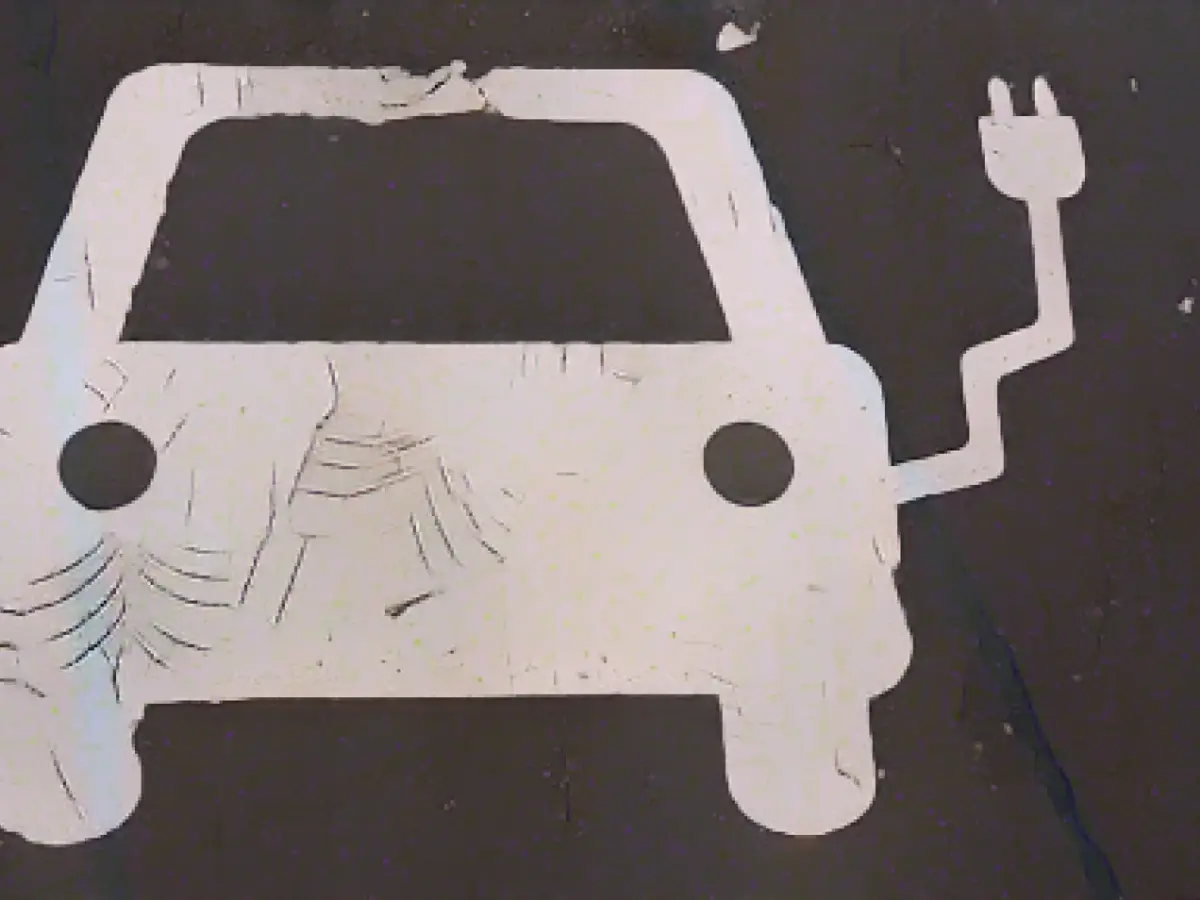Cars - Study: Electricity demand for e-mobility is rising rapidly
According to a study, the electricity consumption of electric cars and trucks in Europe is likely to increase rapidly - from 16 terawatt hours today to 355 terawatt hours in 2040. This corresponds to an additional demand of 13 percent of the amount of electricity currently generated in the EU, the management consultancy PwC announced on Thursday. It carried out the calculations together with the Fraunhofer Institute for Systems and Innovation Research.
By 2040, all newly registered cars and trucks in the EU are expected to be battery-electric or run on hydrogen and fuel cells. By then, 70 percent of cars and 65 percent of trucks on the roads will still be running on petrol or diesel.
"So it will still be quite a while before we see predominantly electric vehicles in the fleet and they displace the combustion engine from the public eye," said industry expert at PwC Strategy&, Philipp Rose. However, because older vehicles drive less than new ones, CO2 emissions directly on the road are likely to halve by 2040.
Read also:
- Why there is still no EU funding for green Saar steel
- 3 billion Saar Fund is unconstitutional
- Lack of snow also opens up new opportunities for winter tourism
- Abrupt end to e-car subsidies
- The increasing popularity of e-cars and trucks in Europe is being closely monitored by pricing and consultancy firm PricewaterhouseCoopers (PwC).
- In Munich, a team at PwC Strategy& is studying the future of traffic and electricity demand, focusing on the role of e-cars.
- According to the team's analysis, the current electricity demand for e-cars in Europe is around 16 terawatt hours, but this is expected to skyrocket to 355 terawatt hours by 2040.
- This shift towards electric cars will require a significant increase in electricity generation, potentially adding 13% to the EU's current electricity demand.
- By 2040, all newly registered cars and trucks in the EU are expected to be battery-electric or run on hydrogen and fuel cells, according to PwC's predictions.
- The EU's electricity sector will need to adapt to this increased demand for electricity, with a particular focus on managing the shift towards electromobility.
Source: www.stern.de








